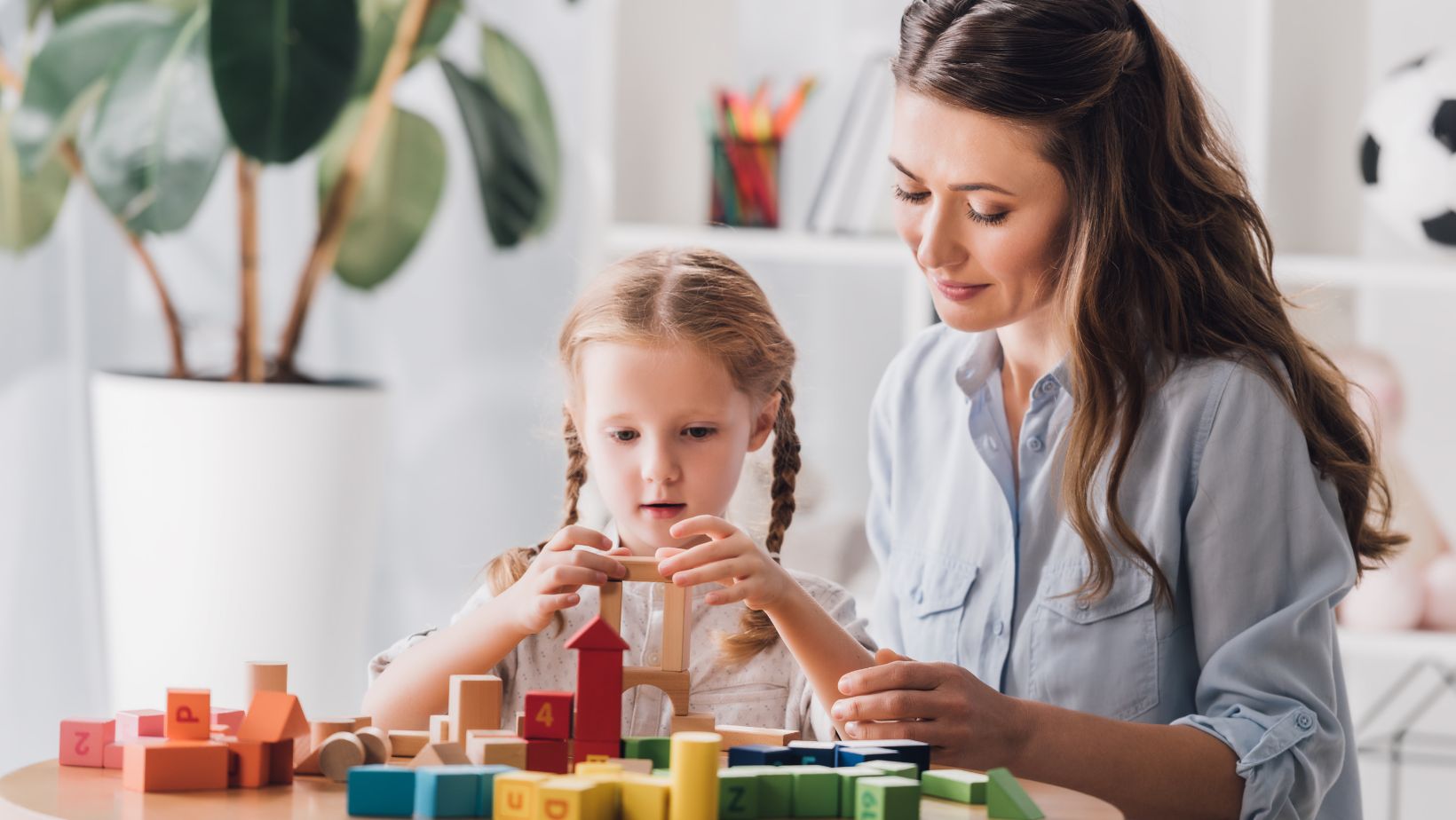Introduction
Education is a collaborative journey involving not only students and teachers but also parents. When parents and teachers form a strong partnership, the impact on a child’s educational experience can be profound. This partnership lays the foundation for a well-rounded and successful academic journey for the child. In this blog, we will explore the importance of building strong parent-teacher partnerships and provide practical tips on how to enhance your child’s education through effective collaboration.
The Power of Parent-Teacher Partnerships
A parent-teacher partnership goes beyond the traditional roles of each party. It involves working together to support the child’s holistic development, including academic, social, and emotional growth. The benefits of such partnerships are numerous. Such as:
1. Improved Academic Performance
When parents and teachers communicate and collaborate, they can identify areas where a child might need extra support or enrichment, leading to better academic outcomes.
2. Enhanced Communication
Open and regular communication between parents and teachers ensures that everyone is on the same page regarding the child’s progress, challenges, and achievements.
3. Positive Learning Environment
A strong partnership fosters a positive atmosphere for the child at both home and school, promoting their overall well-being and motivation to learn.
4. Tailored Support
Working together allows parents and teachers to tailor their approach to each child’s unique learning style and needs, ensuring they receive the right level of support.
5. Social and Emotional Development

When parents and teachers collaborate, they can address social and emotional concerns more effectively, helping the child navigate these aspects of their development.
Tips for Building Strong Parent-Teacher Partnerships
1. Establish Open Lines of Communication
- Attend parent-teacher conferences and actively participate in school events.
- Share your contact information with teachers and encourage them to do the same.
- Utilize various communication channels such as emails, phone calls, and online platforms to stay in touch.
2. Set Clear Expectations
- Discuss your expectations for your child’s education with the teacher.
- Understand the teacher’s expectations regarding homework, behavior, and participation.
3. Be Actively Involved
- Volunteer in the classroom or at school events when possible.
- Join parent-teacher associations (PTAs) to have a voice in school decisions.
4. Listen and Collaborate
- Listen to the teacher’s insights about your child’s strengths, challenges, and progress.
- Collaborate with the teacher to create strategies for addressing any academic or behavioral concerns.
5. Support Learning at Home
- Create a conducive environment for learning at home.
- Assist with homework and provide additional learning resources when needed.
6. Respect Each Other’s Expertise

- Recognize that both parents and teachers bring unique perspectives and expertise to the table.
- Value and respect the teacher’s insights and recommendations.
7. Stay Informed
- Stay updated about your child’s curriculum, assignments, and school activities.
- Attend workshops or seminars organized by the school to enhance your understanding of educational practices.
8. Celebrate Achievements
- Acknowledge and celebrate your child’s successes, both big and small, with the teacher.
- Show appreciation for the teacher’s efforts in nurturing your child’s growth.
9. Address Challenges Constructively
- If concerns arise, address them with a problem-solving mindset rather than placing blame.
- Work together to find solutions that benefit the child’s learning experience.
10. Maintain Regular Contact
- Keep the lines of communication open throughout the academic year, not just during specific events.
Conclusion
Building a strong parent-teacher partnership is a collaborative effort that contributes significantly to a child’s educational journey. When parents and teachers work together with a shared goal of supporting the child’s growth and development, the results are often transformative. By following the tips outlined in this blog, you can enhance your child’s education and create a positive, enriching learning experience that sets them up for success both inside and outside the classroom. Remember, it’s not just about academics—it’s about fostering a love for learning and nurturing well-rounded individuals.
























